Managed Firewall Guide: Benefits, Features, and Best Practices
Table of content
Introduction:
In today’s digital landscape, Cybersecurity is the top priority of everyone who wants to protect their data from theft. Many companies and organizations are now adopting a comprehensive security strategy to protect their essential data. More than 50% of companies have experienced cyber security attacks. The traditional firewalls are not entirely sufficient now as data theft is transitioning. That’s when the Managed firewall came in with its scalable and robust performance with no headache of data theft anymore. It is the best-in-class security solution that quickly detects, prevents, protects and responds to security threats. More and More companies and organizations are choosing the Managed firewall to protect their digital assets. Also, it’s a responsive defense system that protects organizations and companies, ensuring the best protection and peace of mind.
What is a Managed Firewall:

A managed firewall is a service primarily installed in companies or organizations. This is not some service device connected to an organization; it can be seen through the parameters. Monitoring every detail of the data is time-consuming and may need a lot of resources. A managed firewall is the best option for many companies and organizations that want to protect their data from cybersecurity theft. The managed firewalls are not monitored by the IT expert’s team, which configures and monitors them. Many companies hire staff to monitor the in-house activities of the companies or the organizations. They observe and monitor the network threats, investigate any suspicious movement or threat, and then apply the security updates. Then, they connect it to the firewall to give protection based on the critical security metrics, features, and best practices.
Types of Managed Firewalls:
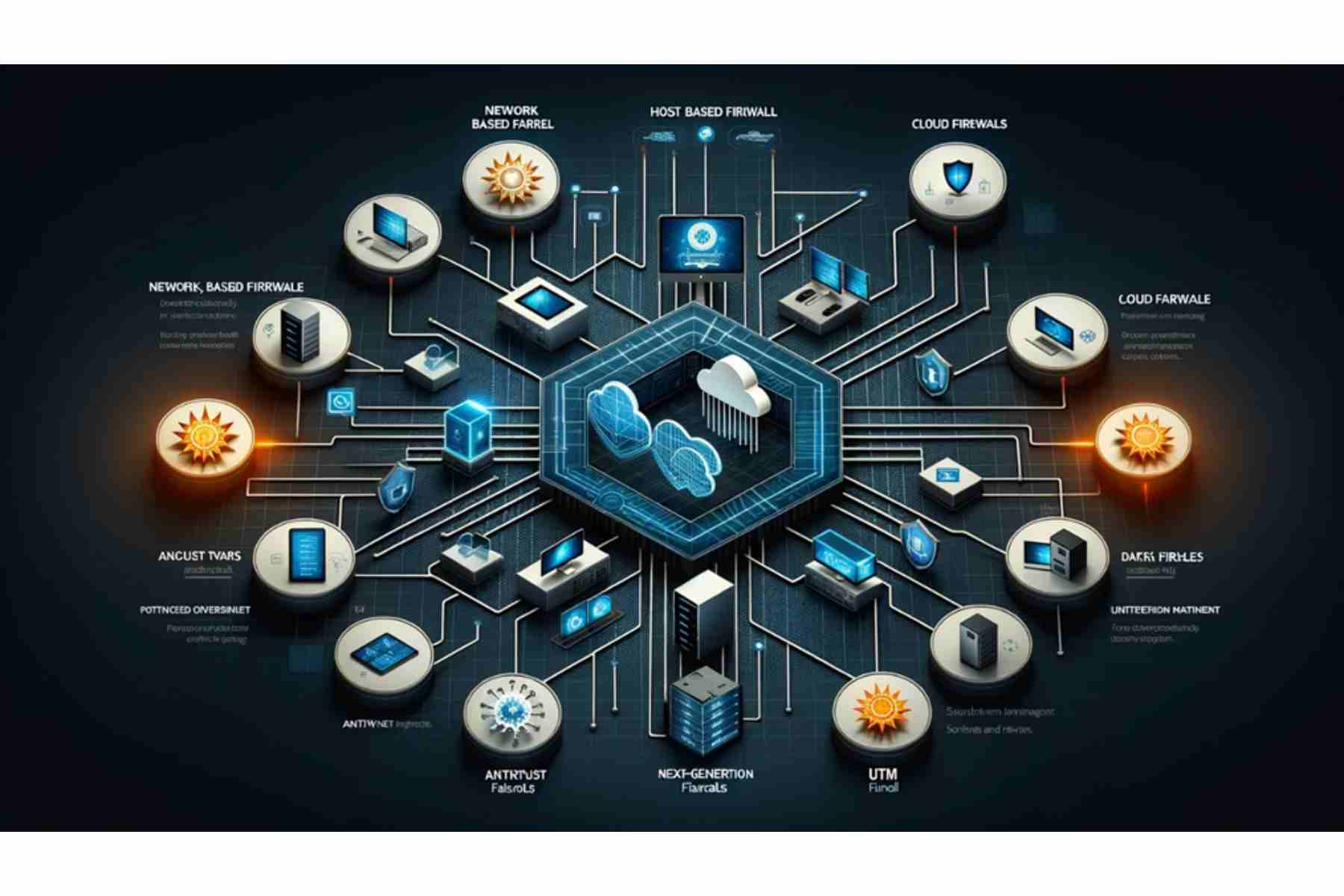
A managed firewall comes with the main feature of safeguarding companies and organizations. But it can differ from their types, and they perform their work and process regarding their particular types:
Next-Generation Firewalls:
Next-generation firewalls, or NGFW, are traditional and advanced firewalls. As this is another type of managed firewall, they have much more advanced technology with high security and protection for networks. They analyze the data and protect the Networks from any threat.
Web Application Firewalls:
It is also the primary type of firewall; web Application firewalls play a vital role in protecting web and applications. They filter and monitor the traffic between the web Applications and the websites. They protect the site from attacks such as cross-site forgery, SQL scripting, etc. It protects from dangerous network threads.
Cloud Firewalls:
Cloud Firewalls are similar to other types of firewalls. They are attached devices to public and private areas to assist cloud traffic between workloads and apply security policies.
Internal Firewalls:
This security system is also used to protect the network from unauthorized access; it is designed to monitor traffic throughout. It is mainly used in a large organization.
Services of the Managed Firewalls:
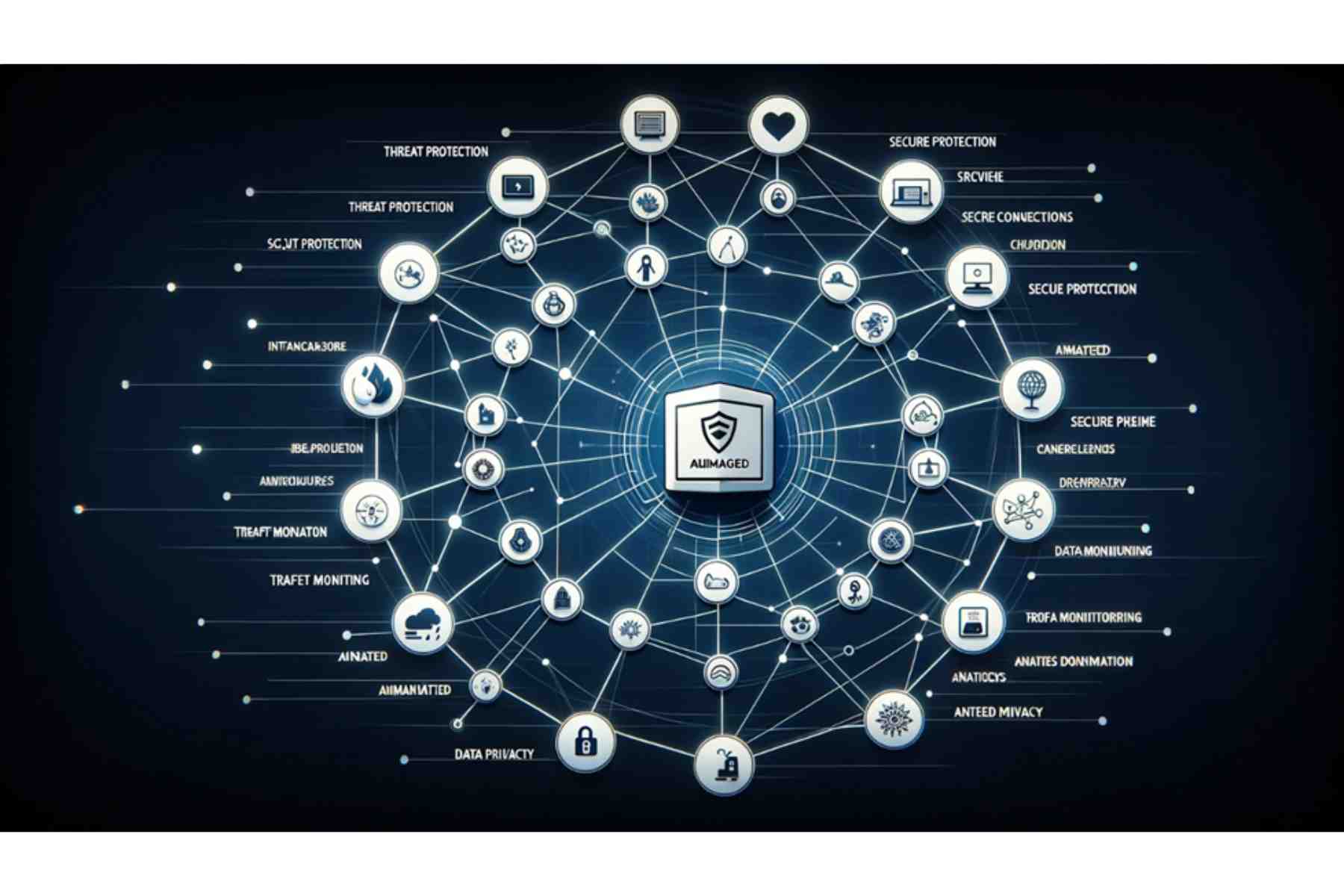
The managed firewall provides the ultimate security to organizations and other infrastructures, also preventing Cyber security attacks.
Security Monitoring:
The managed firewalls monitor ongoing activity 24/7 to protect it from any sort of threat or Cybercrime. With its continuous monitoring, it can detect threats in no time. It avoids security breaches by taking action against threats.
Expertise in Firewall:
The organizations that usually have the managed firewall setup have the expertise to handle threats or any ongoing Cyber-attack properly. That means it comes with complete firewall management and a security system, which is dealt with by the IT professionals who handle this managed firewall system and avoid any threat. Most organizations hire more skilled and experienced staff, easily avoiding any upcoming threat through the parameters.
Management of VPN:
VPN, also known as a Virtual Private Network, is actually used to manage and configure connections for safe remote access with security. Offices can have safe and reliable connections and share data without any fear.
Maintenance:
A managed firewall needs to be updated every day to keep itself free from any future breaches. Its maintenance services handle the performance, compliance audits, reviews, and security policy to upkeep the firewall services. They can also shift to threat saving in the moment of any sort of threat or theft.
Assessment of Audit:
They conduct regular security audits to improve security and avoid any upcoming potential risks. Then, such planning or strategies are applied to reduce the ongoing problem in the Audit of Managed Firewalls.
Benefits and features of Managed Firewall:
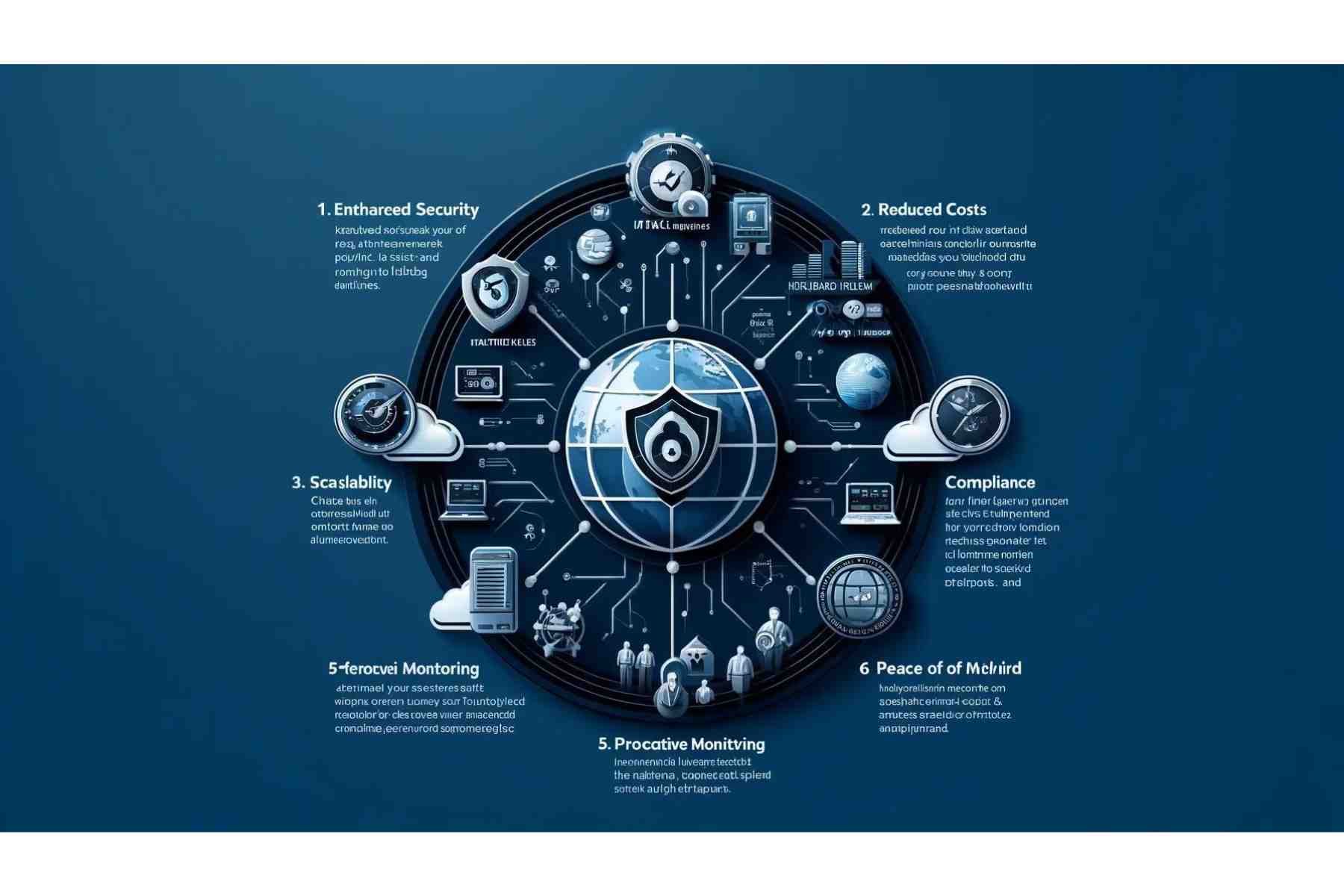
The benefits are immense for the organizations that adopt the managed firewall. It gave a vast range of benefits for the in-house infrastructure who are going to adopt the Managed Firewall
Some of the Benefits are as follows:
Monitoring the Network:
Managed firewall services would monitor and manage the firewalls on the Network 24/7. From there, the Security Operations Centre (SOC) would provide emergency backup in case of any sudden emergency and provide security technologies.
Lower Cost:
Having a Managed Firewall can be a lot more efficient than expected. By giving authority to the IT specialists also the third-party provider a lot of money can be saved for a longer period of time because all the maintenance and other upgrades are in the observation and care of the provider. Also, it can cut the IT cost as it is fully responsible for in-house security measures. Only monthly subscriptions are required.
Increase in Security:
One of the most significant benefits of the Managed Firewall is that crucial data regarding the business will be saved, and no other person will try to interrupt it, not even hackers. They will focus on the traffic around, so you don’t have to worry about threats anymore.
Increase in Productivity:
Having a Managed Firewall service, a user doesn’t have to worry about system breaches, attacks, or other issues related to cybersecurity.
Features of the Managed Firewall:
Prevention from threat:
Cyberattacks can cause a lot of damage and expense in many other ways. The Managed Firewall can access and prevent any sort of attack before it can cross the parameter and disrupt the data, blocking it before it can attack.
Hybrid Cloud Support:
Many companies and organizations are now using Hybrid Cloud support. There could be two of them, the public and the private type, but each of them provides different security measures. Cloud support is easily deployable and can be used in any organization, from which they can settle all of their security settings from a single console.
Scalability:
Many companies and organizations have transitioned towards cloud-based technology, which is quite flexible and scalable. This is also one of the benefits of the cloud.
Application and Identity-based traffic:
Installing a firewall means that the Network can be constantly evolving. New applications are applied on the Firewall’s Network, which means that new applications can be deployed, and old ones become obsolete. Every application requires different policies and their different ways of working, which are later applied on the Network. Some carry heavy traffic, while others get blocked or could be later managed on the Network.
Working of the Managed Firewall:
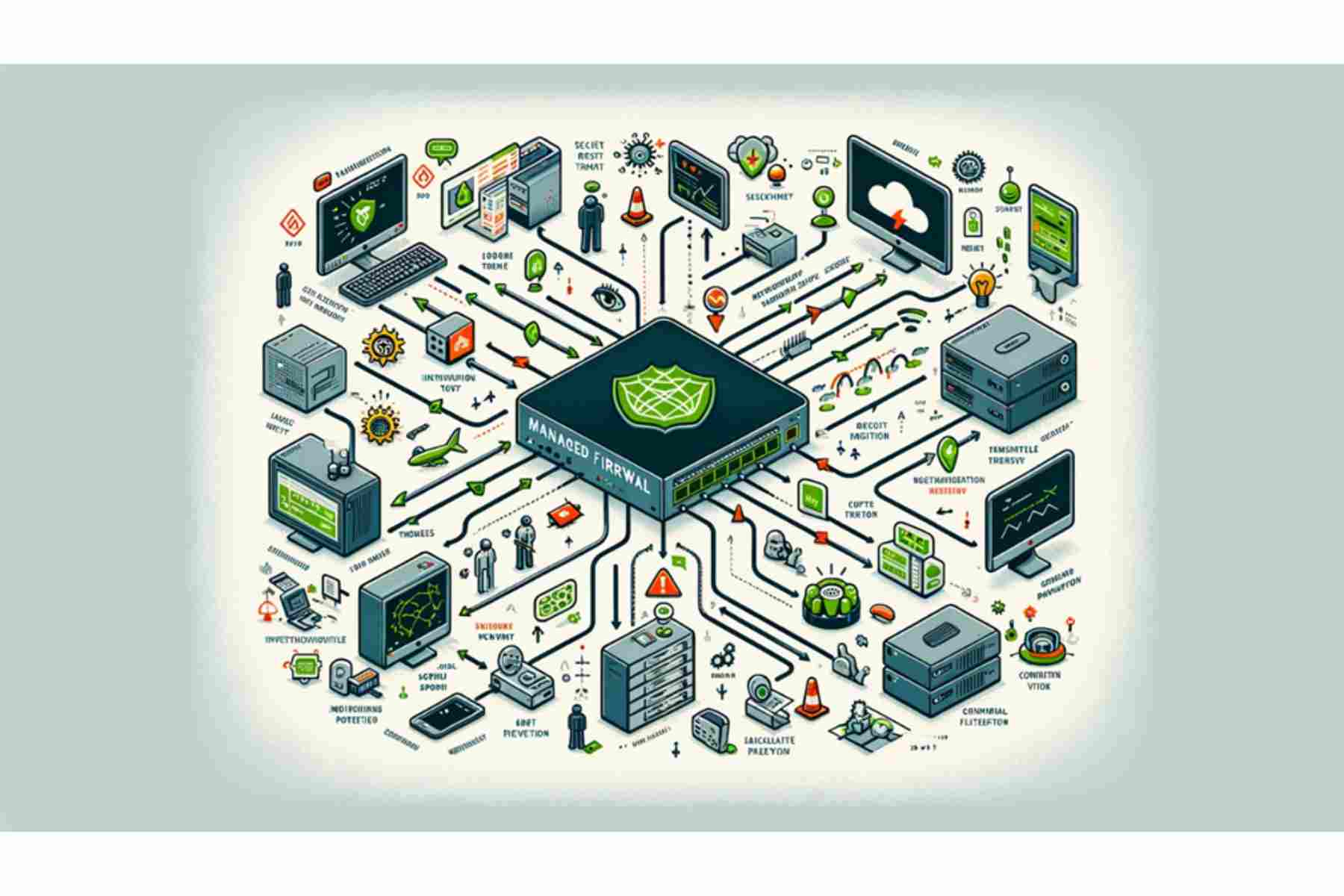
The Managed Firewall is the shield for many organizations and companies. The main work of the Managed Firewall is to protect the data from internal and external threats or any cyber-attack that can lead to permanent damage and expenses. About 70% of the danger is from outside the company and can be highly dangerous for the parameters. They can block any suspicious data or traffic through the managed Firewall. They scan the threat, security metrics checks, and policy checks. To protect it from the millions of traffic, a Managed Firewall filters the traffic and works as a defense for the Network.
Conclusion:
In today’s Cyber Warfare landscape, a Managed firewall is no longer a luxury but a necessity. At this time, the data needs to be protected at all costs, and for that, a proper solution needs to be found. In the era of increasing threats of Cybercrime, the Managed Firewall is the perfect answer to all the problems. One could ask for data safety, which gives fast and robust performance. A managed firewall is much better than traditional firewalls because it provides the most protection. However, these require an expert specialist to protect the data. Organizations that have a managed firewall have service providers that look after all the attacks that have been held against the parameters. Moreover, by reading this blog you will get an expert guide on Managed firewalls which answers your every query regarding the Managed Firewall. To learn more about Managed Firewall brands like Cisco, Juniper, Dell, etc. visit our website buyrouterswitch.
Frequently Asked Questions:
Do I need a Managed Firewall?
Opting for Managed Firewall services offers an organization a dynamic defense mechanism against digital threats. These services not only enhance the Network security but also adapt to the new challenges.
Who manages my Firewall?
They are managed by the Firewall Management Services which are also known as the MSSPs or Managed Security Service Providers that also maintain the Firewall infrastructure.
What is the difference between a managed and unmanaged firewall?
A managed firewall is overseen by a third-party provider who handles configuration, monitoring and updates. On the other hand, the unmanaged firewall requires resources for setup, maintenance and monitoring.
What is management Firewall?
Firewall management is the process of configuring and monitoring the firewall to maintain a secure network.
How are Firewalls configured and managed?
Firewall configuration involves configuring domain names and internet protocol addresses and completing the several other actions to keep the security of the firewalls.




 Catalog
Catalog

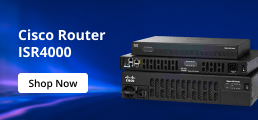


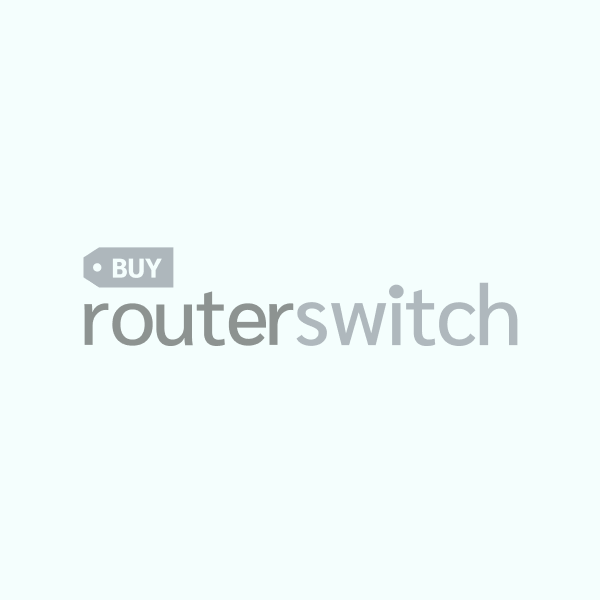


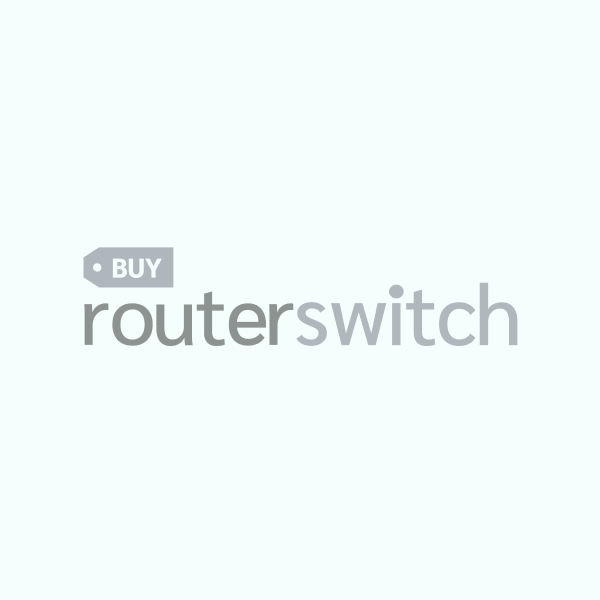








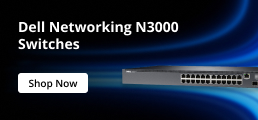



























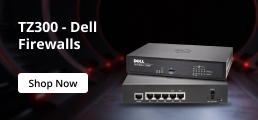

































































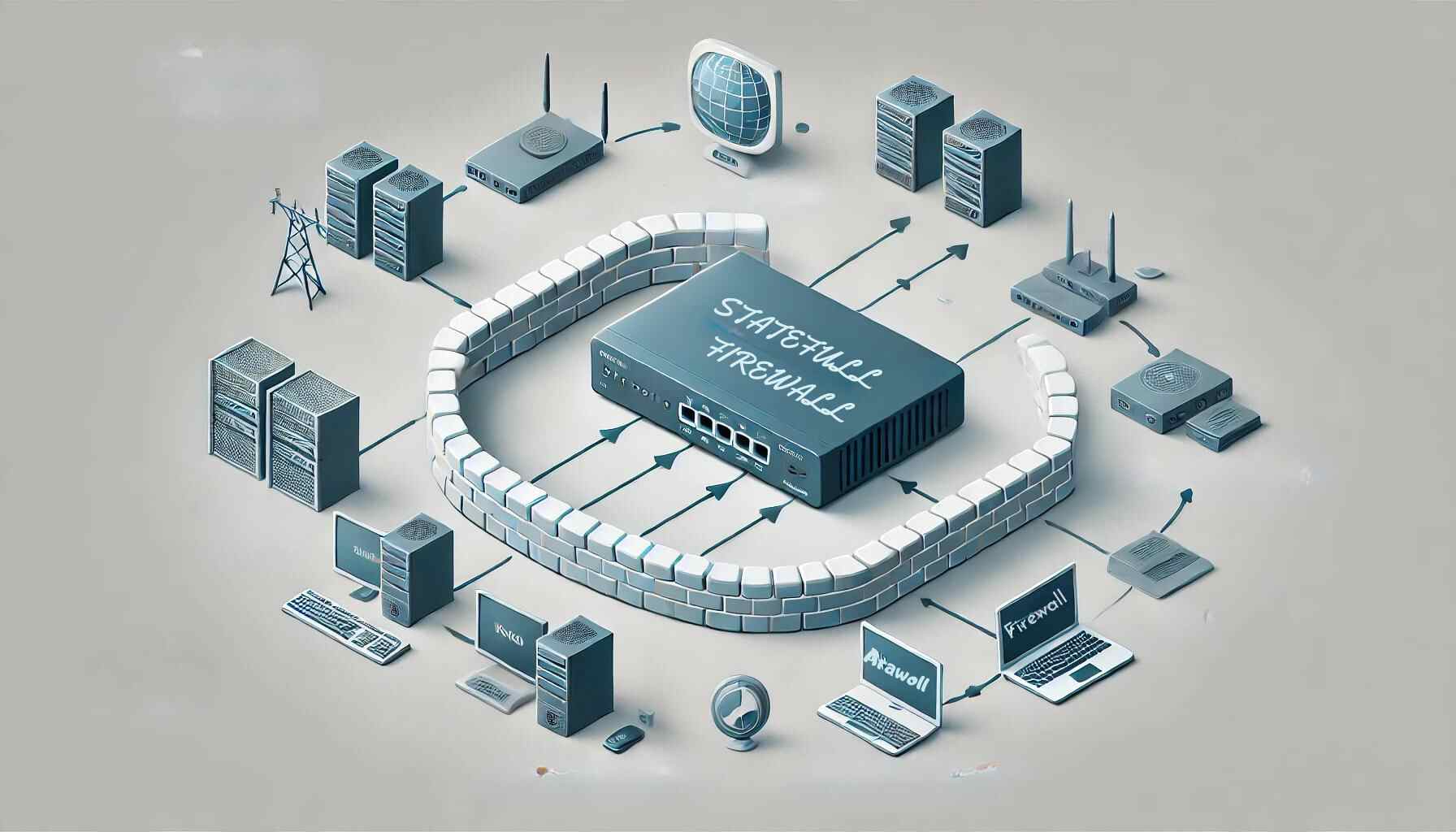




 (800) 870-9487
(800) 870-9487